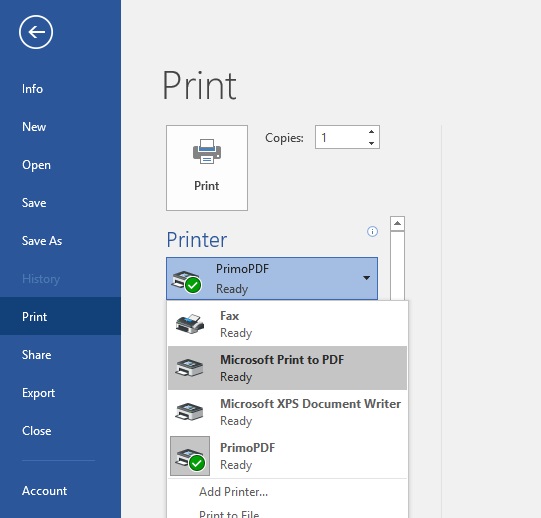
We're going to start with the following invocation (instead of readelf, objdump would also work, but it has its own command line arguments): readelf -dyn-syms /bin/bash|grep -P '\WUND\W'

#Pdfinfo windows install#
Make sure you have binutils installed ( apt install binutils) and I'll assume that you have the standard Bash shell installed and that it can be found in /bin/bash. Linux isn't better and the conventional linkers give you little control of the symbols you link against.Īlright, let's get our hands dirty a little.
#Pdfinfo windows .dll#
Is one that I often jokingly confront people with who are complaining about "DLL hell" on Windows. The error you encountered: /lib/x86_64-linux-gnu/libc.so.6: version 'GLIBC_2.25' not found Now this is evidently not the issue with your code, since you could go ahead and build your own. that which isn't FLOSS) has the licensing issue because of certain "issues" the glibc license brings for someone unwilling to disclose their proprietary source code. The term shared object refers to the fact that the object code ("library functions") is shared across processes in your system.Īnother advantage is that only this one library needs to be updated instead of each and every application that was statically linked with a particular version of the library.Īnd proprietary software (i.e. The goal is largely the same, although implementation and functionality differ. Other systems call it dynamic library or dynamically linked library.

Most system calls - such as "open a file" - have a direct counterpart in your C runtime, but the C runtime often will provide additional stuff on top (e.g. A certain subset of these is standardized some will be specific to your system, i.e. Your kernel provides a number of system calls. This is perfectly fine for a system such as certain BSDs or Gentoo Linux, but it starts to become an issue for pre-packaged distros like Debian and Ubuntu. The latter method has its limitations as well, though.Īs a rule of thumb you can run the software that was built on your system. However, other distros choose other runtimes and a program could also opt to statically link a runtime that is more liberally licensed (musl-libc comes to mind). The glibc is the C runtime which is central to a Ubuntu system.

Now this answer is presumably going to come a bit late, but let me try to give you some technical background of what you ran into here and possible ways to fix it.įor starters, what was commented about is true.


 0 kommentar(er)
0 kommentar(er)
